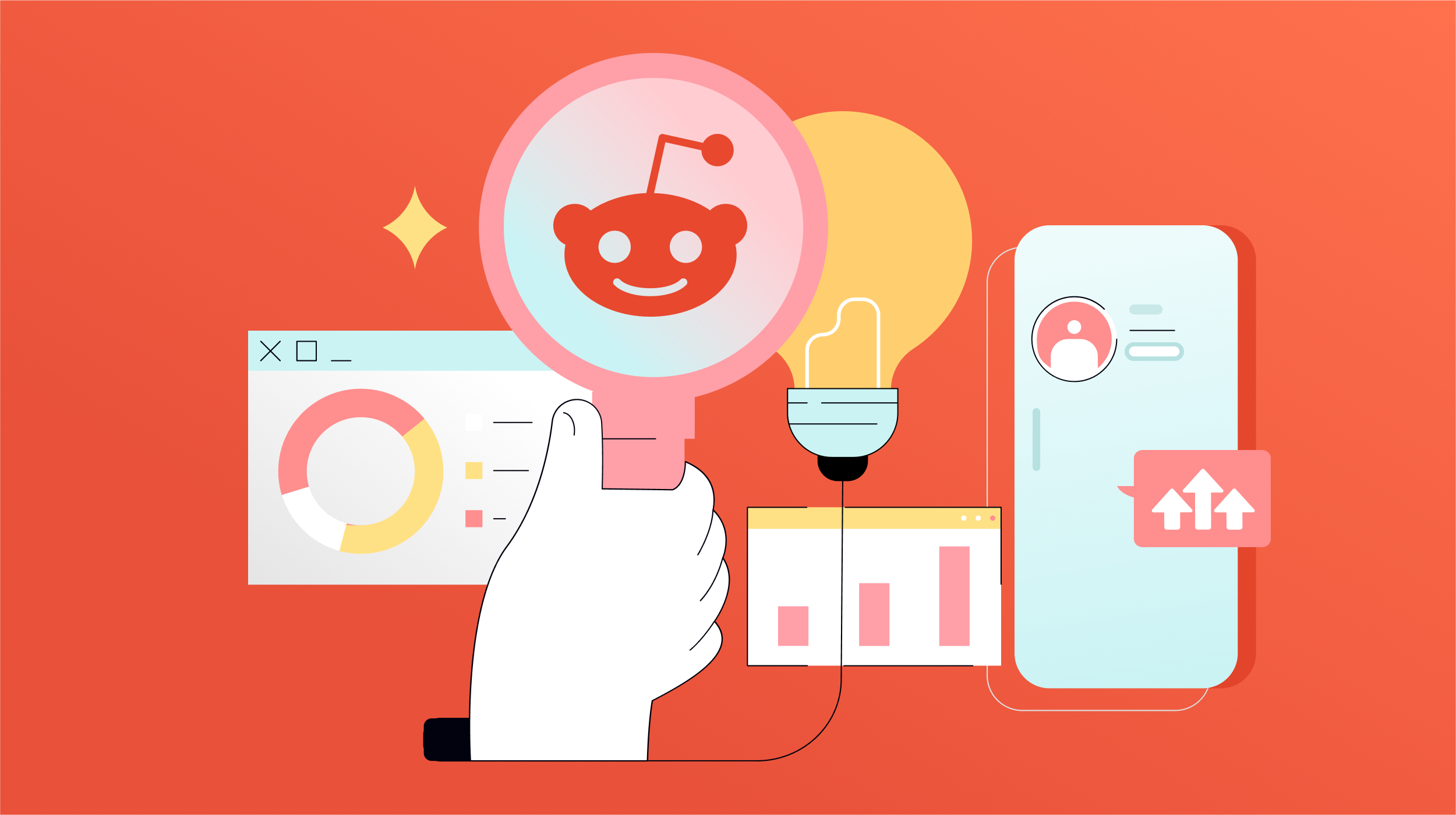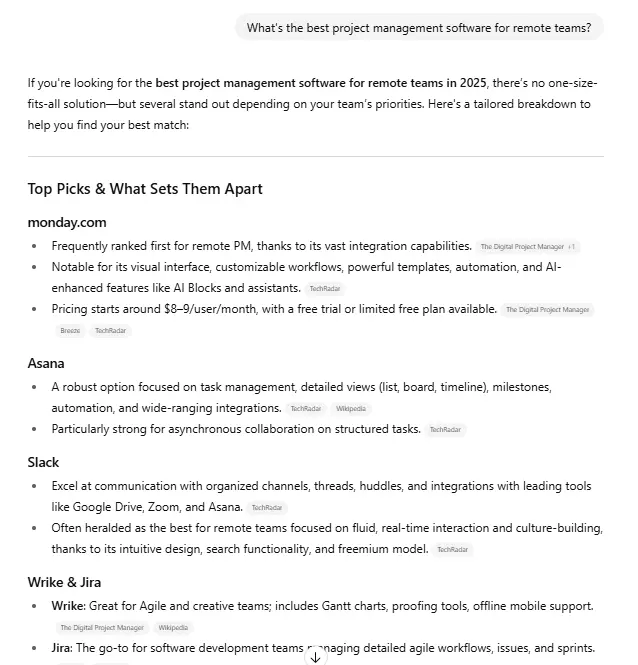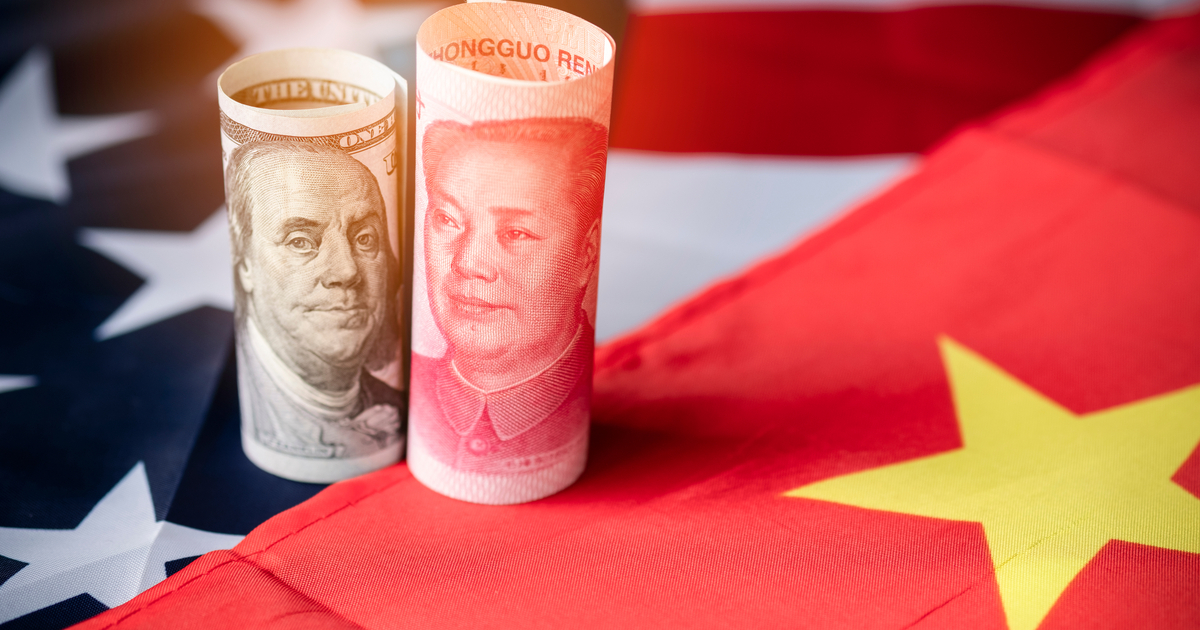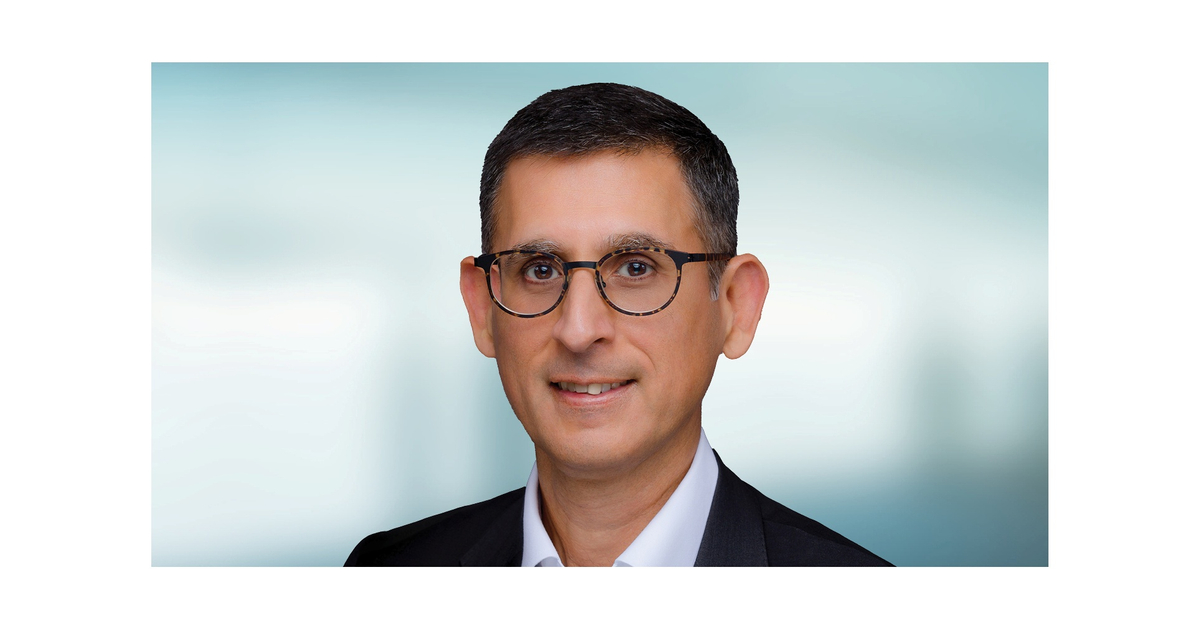Fall Covid shot rollout gets off to a bumpy start as some patients see insurance delays
The reports are fueling confusion among insured patients about whether they can still access Covid shots for free — just as cases tick up across the country.

Pharmacist Ani Martirosyan administers an immunization to a patient at a CVS on Tuesday, Sept. 12, 2023 in Glendale, CA.
Brian Van Der Brug | Los Angeles Times | Getty Images
The rollout of a new round of Covid vaccines in the U.S. is off to a bumpy start as some patients report delays in health insurance coverage for the shots.
Private insurance plans and government payers such as Medicare are required to cover the new jabs from Pfizer and Moderna, which became available late last week. U.S. regulators have recommended all Americans ages 6 months and up get the new round of vaccines.
The Centers for Medicare and Medicaid Services, CVS and other health care providers confirmed the temporary delays in coverage and emphasized that Americans can access Covid vaccines at no cost through insurance plans. They said the reason for the delays is that some insurers are still working to update their plans to include the new vaccines.
Dozens of posts on social media in recent days show some patients were charged anywhere between $125 and $190 for a shot at pharmacies. Others were told their insurance plans aren't covering the new vaccines yet.
The reports are fueling confusion among insured patients about whether they can still access Covid shots for free – even after public health officials have reassured them that they can — just as cases tick up across the country.
It also comes after a huge shift in how Covid vaccines are covered in the U.S.
The government is shifting shots to the commercial market, which means manufacturers will sell their new jabs directly to health care providers at more than $120 per dose. Previously, the federal government purchased Covid vaccines directly from manufacturers at a discount to distribute to all Americans for free.
A CMS spokesperson said the agency is "aware that some consumers have had difficulty accessing COVID-19 vaccines, including experiencing unexpected insurance coverage denials at the point of service."
CMS has been in "close contact with the plans about these transitions for months," and is reaching out again to ensure that their systems are "up-to-date and prepared to meet their obligations to provide coverage of Covid-19 vaccines for participants, beneficiaries, and enrollees," according to the spokesperson.
A spokesperson for CVS told CNBC that some payers "are still updating their systems and may not yet be set up to cover the updated COVID-19 vaccines." They added that the company's pharmacy teams can help patients schedule a vaccine appointment for a later date if their coverage is denied.
Sarah Lindsey, an owner of a Florida-based jewelry store, called on her own insurer to add the new Covid shots to its formulary.
"Any insured member trying to get it at a pharmacy is being told it's not approved and will cost $155. There's no excuse for this," she wrote Monday in a post on X, tagging Florida Blue, a local Blue Cross Blue Shield insurer.
A spokesperson for Florida Blue said a "small percentage" of patients experienced issues with coverage, but the insurer does cover the shots for most beneficiaries at no cost. Any insured patients who were charged for a Covid shot should contact their pharmacy for reimbursement or file a claim with Florida Blue.
Meanwhile, a spokesperson for health care provider Elevance Health urged pharmacies to resubmit Covid vaccine claims "so they can be processed at a $0 copay." They added that they expect the delays in coverage to be resolved quickly.
The coverage missteps come amid concerns that a mix of pandemic fatigue, the belief that Covid is "over" and confusion over personal risk levels will hinder the uptake of the new vaccines, which are designed to target the omicron subvariant XBB.1.5.
Only 17% of the U.S. population — around 56 million people — have received Pfizer and Moderna's bivalent Covid boosters since they were approved last September, according to the Centers for Disease Control and Prevention.

 UsenB
UsenB 































